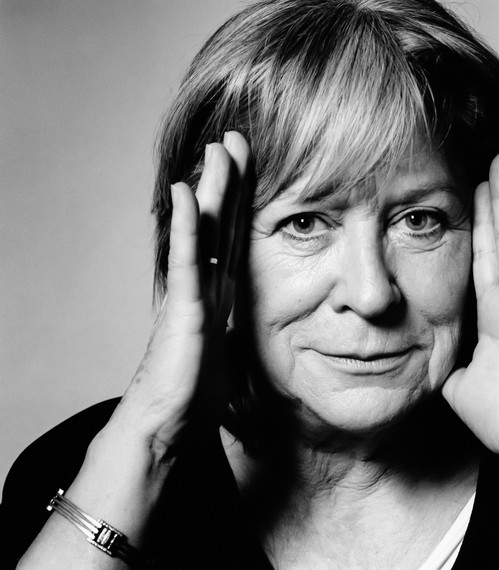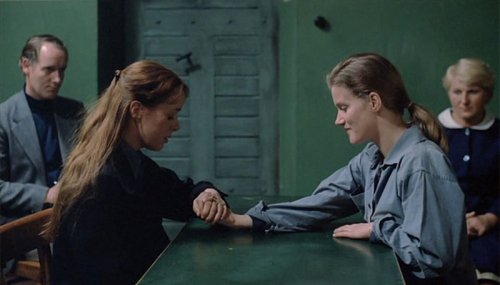Synopsis
Germany, 1968: The priest's daughters Marianna and Juliane both fight for changes in society, like making abortion legal. However their means are totally different: while Juliane's committed as a reporter, her sister joins a terroristic organization. After she's caught by the police and put into isolation jail, Juliane remains as her last connection to the rest of the world. Although she doesn't accept her sister's arguments and her boyfriend Wolfgang doesn't want her to, Juliane keeps on helping her sister. She begins to question the way her sister is treated.

Sections & Films
MARIANNE AND JULIANE
| Original Title | Die bleierne Zeit |
| Italian Title | Anni di piombo |
| Category | Out of competition |
| Section | Review "Youth Problems in Contemporary World" |
| Tipology | Feature Film |
| Duration | 106' |
| Production Year | 1981 |
| Nationality | West Germany |
| Directed by | Margarethe von Trotta |
| Screenplay | Margarethe von Trotta |
| Music | Nicolas Economou |
| Main cast | Jutta Lampe, Barbara Sukowa, Rüdiger Vogler |
 MARGARETHE VON TROTTA
MARGARETHE VON TROTTA
Margarethe von Trotta was born in Berlin in 1942. In the 1960s she moved to Paris where she worked for film collectives, collaborating on scripts and co-directing short films. She also pursued an acclaimed acting career, starring in films by well known German directors such as Rainer Werner Fassbinder, and Volker Schlöndorff. In 1971, von Trotta divorced her first husband Juergen Moeller (with whom she had a child) and married Schlöndorff. She co-wrote many of the scripts for his films, and in 1975 the two of them co-directed Il caso Katharina Blum (1975). In 1977, von Trotta directed her first solo feature (The Second Awakening of Christa Klages) (1978). With her third film, Anni di piombo (1981), von Trotta's position as New German Cinema's most prominent and successful female filmmaker was fully secured.
Her films feature strong female protagonists, and are usually set against an important political background. Themes in her work include the effect of the political on the personal, and vice versa, as well as the relationships between female characters, often sisters.





